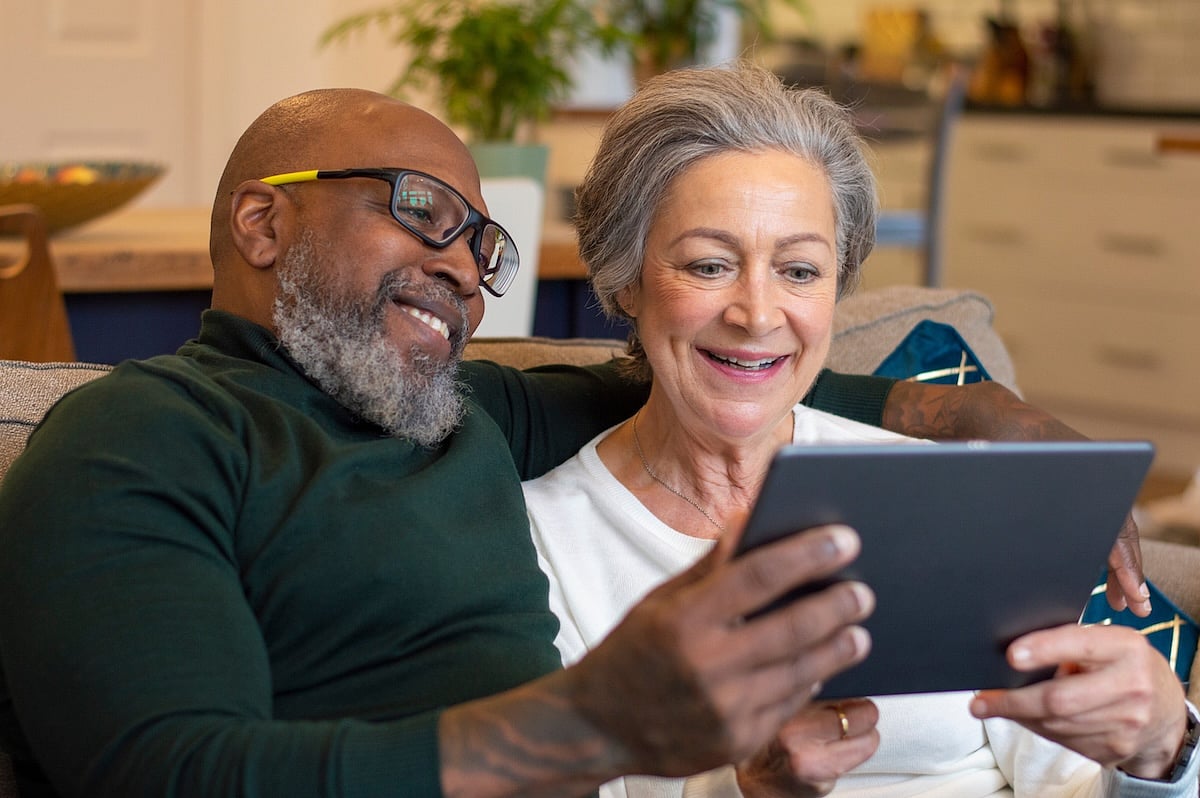Get Healthy!
Results for search "Computers / Internet".
Health News Results - 7
It’s a common notion that overuse of smartphones, tablets, laptops and other digital devices is rotting people’s minds.
But the opposite appears to be true – regular use of digital technology seems to protect the brain against decline and dementia, at leas...
- HealthDay Reporter
- Dennis Thompson
- |
- April 15, 2025
- |
- Full Page
Each hour a person spends squinting into a smartphone or staring at a screen increases their risk of nearsightedness, a new evidence review suggests.
Every daily one-hour increment in digital screen time is associated with 21% higher odds of myopia, researche...
- HealthDay Reporter
- Dennis Thompson
- |
- February 25, 2025
- |
- Full Page
Cyberbullying and sexual harassment are rampant in the world of professional video gaming and online gaming, a new study reports.
Nearly 96% of 145 video game players from 14 countries said they had been targeted online in the previous year.
"It's not just an isolated incident,"said lead researcher Louise Trudgett-Klose...
- HealthDay Reporter
- Dennis Thompson
- |
- June 20, 2024
- |
- Full Page
Following a cyberattack on the largest health insurer in the United States last month, health care providers continue to scramble as insurance payments and prescription orders continue to be disrupted and physicians lose an estimated $100 million a day.
That estima...
- HealthDay Reporter
- Robin Foster
- |
- March 13, 2024
- |
- Full Page
For nearly a week, prescription drug orders have been disrupted at thousands of pharmacies as the largest health insurer in the United States tries to fully restore services following a cyberattack.
The security breach was first detected last Wednesday at Change Healthcare, a division of UnitedHealth Group, and two senior federal law enforcement officials told the New York Times...
- HealthDay Reporter
- Robin Foster
- |
- February 27, 2024
- |
- Full Page
The world is being flooded with internet-driven misinformation, but there are ways to counter fake news with the facts, a new report says.
These include aggressive fact-checking, preemptively debunking lies before they take root and nudging people to be more skeptical before sharing information, the American Psychological Association analysis found.
The product of more than a year's...
- HealthDay Reporter
- Dennis Thompson
- |
- November 29, 2023
- |
- Full Page
It might seem that surfing the web could cause a person's mental health to suffer, but a landmark new study has concluded that internet use poses no major threat to people's psychological well-being.
Researchers compared country-level internet and broadband use to the mental well-being of millions of people in dozens of countries, and came away with no evidence that the internet is causin...
- HealthDay Reporter
- Dennis Thompson
- |
- November 28, 2023
- |
- Full Page







